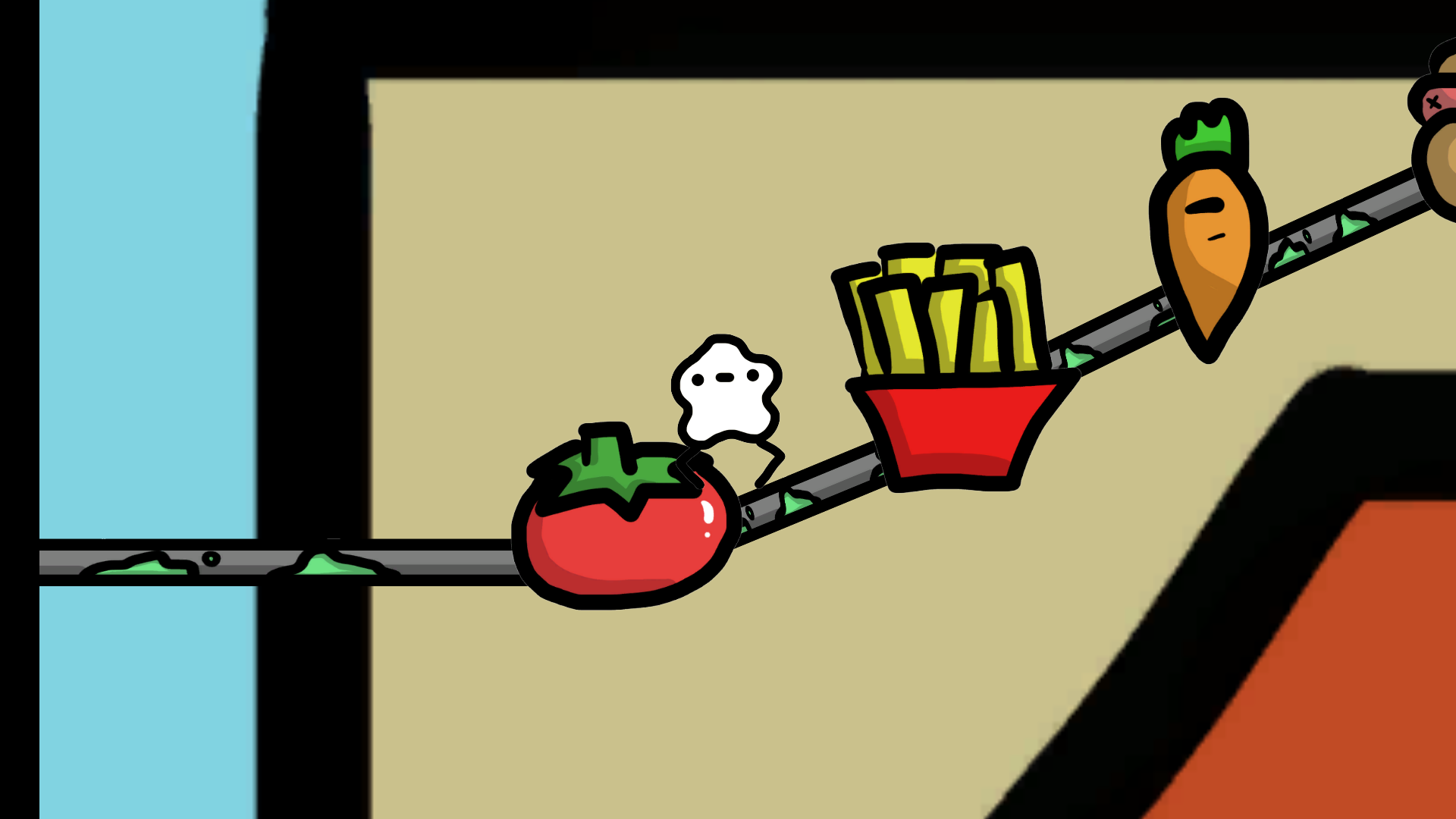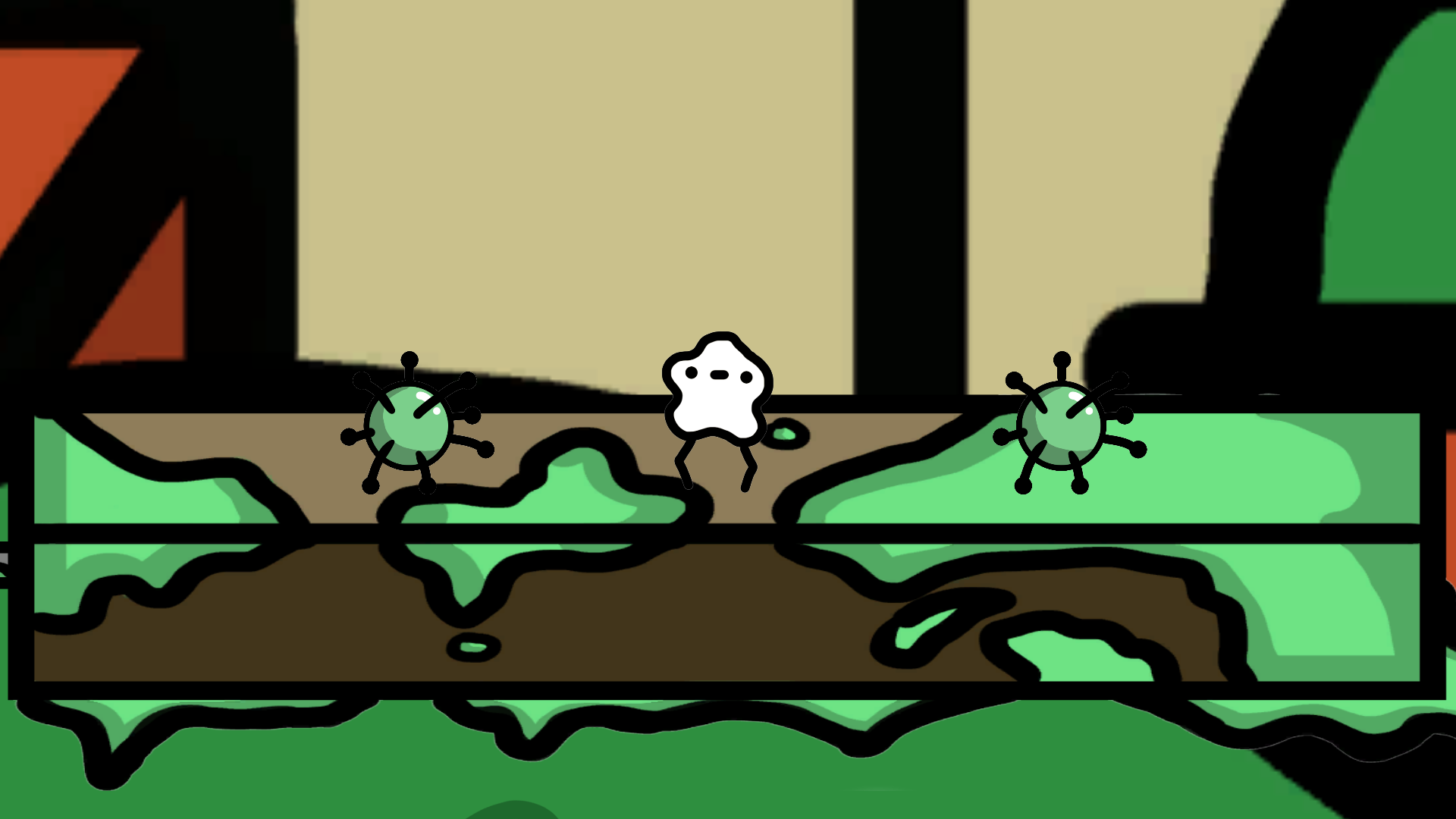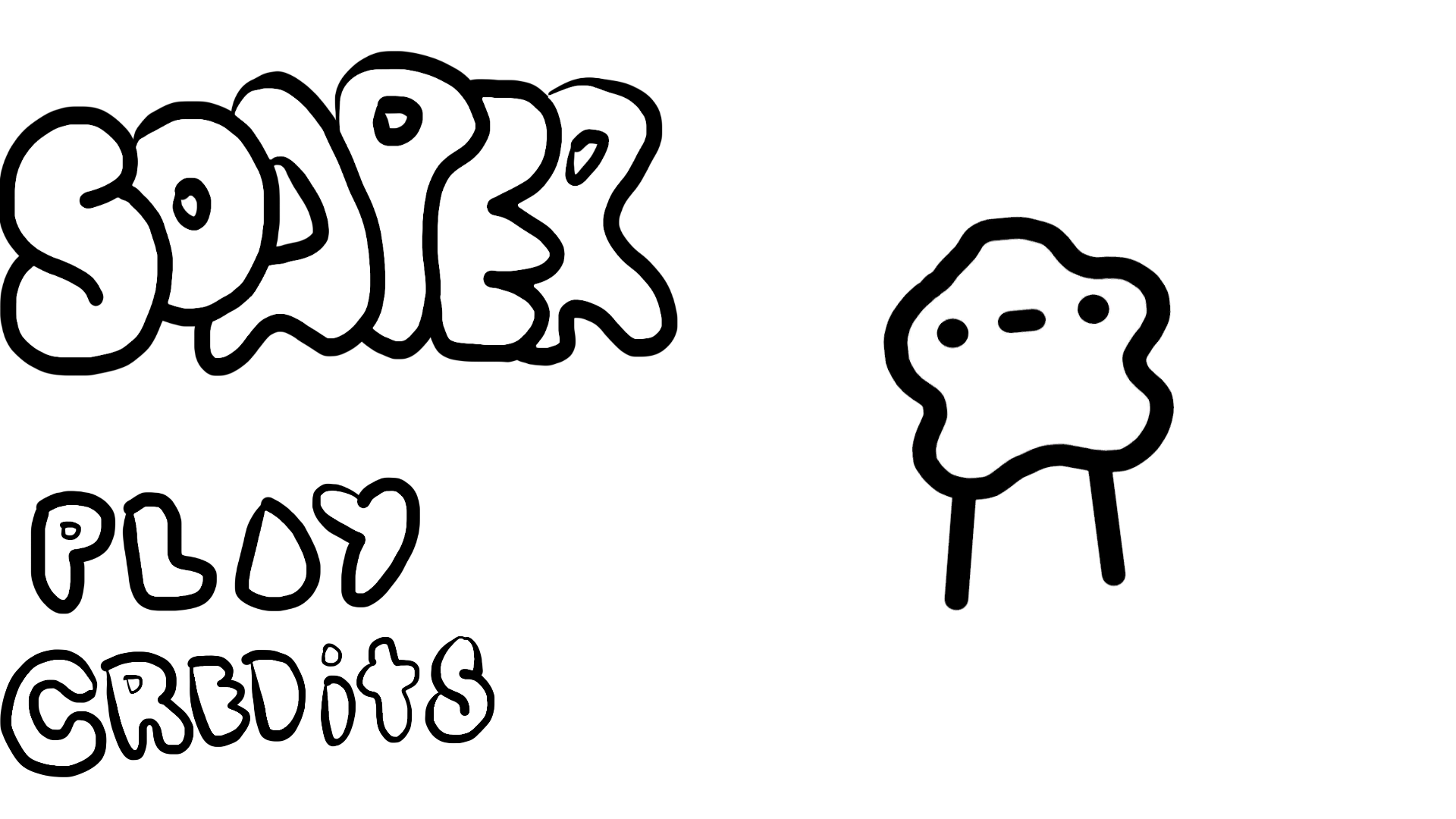Soaper: The Ultimate Guide To The Fascinating World Of Soap Making
Have you ever wondered what it takes to become a soaper? If you're into crafting, skincare, or just plain ol' creativity, this is the hobby that could change your life. Soapers around the world are turning their passion for handmade soap into a thriving business, and it’s easier than you think. Whether you're just starting out or want to take your skills to the next level, we’ve got everything you need to know about the art of soap making right here.
Let’s face it, soap isn’t just soap anymore. It’s become a canvas for creativity, a medium for expressing individuality, and even a way to make a living. The world of soapers is growing fast, with more people jumping on the DIY bandwagon every single day. So why wait? Let’s dive in and uncover the secrets of the soaper community, one bar at a time.
Before we get into the nitty-gritty, let me ask you something—have you ever bought a bar of handmade soap and thought, “I could totally do this myself”? Well, guess what? You can! From choosing the right ingredients to mastering the techniques, being a soaper is all about experimentation and fun. So grab your gloves, because we’re about to get sudsy!
- Vegamoviesllc Your Ultimate Movie Streaming Destination
- Losmoviesid Your Ultimate Streaming Destination
What Exactly is a Soaper?
Let’s break it down. A soaper is someone who creates handmade soap using various methods and ingredients. But it’s not just about mixing oils and lye—being a soaper is about crafting something unique, something that tells a story through scent, texture, and design. It’s a mix of science and art, and honestly, it’s pretty dang cool.
Soapers come in all shapes and sizes. Some do it as a hobby, others as a side hustle, and a few lucky ones have turned it into a full-time gig. What they all have in common is a love for creating something beautiful and useful with their own two hands. And trust me, there’s nothing quite like the satisfaction of holding a bar of soap you made yourself.
Why Become a Soaper?
Okay, here’s the real question—why should YOU become a soaper? Well, for starters, it’s fun. Really fun. There’s something magical about watching liquid turn into solid, knowing that you’ve created something that can actually clean your skin. Plus, it’s a great way to express yourself creatively. You can choose your own scents, colors, and designs, making each batch uniquely yours.
- Moviesjoyplus The Ultimate Streaming Destination For Movie Enthusiasts
- Why Fmoviesto Cc Is Your Ultimate Streaming Destination
And let’s not forget the health benefits. Store-bought soap is often packed with harsh chemicals and synthetic fragrances. When you make your own soap, you have full control over what goes into it. Want to use natural ingredients? Go for it. Need something gentle for sensitive skin? No problem. Being a soaper means you can tailor your soap to your exact needs.
The Health Benefits of Handmade Soap
Here’s the deal—handmade soap is way better for your skin than the stuff you buy at the store. Most commercial soaps strip your skin of its natural oils, leaving it dry and irritated. But handmade soap? It’s packed with nourishing ingredients like shea butter, coconut oil, and essential oils that actually hydrate and protect your skin.
And then there’s the environmental factor. Handmade soap is often made with sustainable ingredients and packaged in eco-friendly materials. So not only are you taking care of your skin, but you’re also doing your part to take care of the planet. Now that’s what I call a win-win!
Getting Started as a Soaper: What You Need to Know
So you’ve decided to take the plunge and become a soaper. Great choice! But before you start slinging soap around your kitchen, there are a few things you need to know. First off, safety is key. Working with lye can be dangerous if you don’t take the proper precautions. Always wear gloves, goggles, and a mask when handling lye, and make sure you’re working in a well-ventilated area.
Next up, you’ll need the right tools. A good digital scale is essential for measuring your ingredients accurately. You’ll also need a stick blender to mix your soap batter, silicone molds for shaping your bars, and of course, a whole bunch of fun ingredients to play with. Oh, and don’t forget the soap coloring and essential oils to make your creations pop!
Essential Tools for Every Soaper
- Digital scale for precise measurements
- Stick blender for mixing soap batter
- Silicone molds for shaping bars
- Gloves, goggles, and mask for safety
- Essential oils and natural colorants for fragrance and design
Having the right tools makes all the difference when you’re starting out. Trust me, you don’t want to be halfway through a batch of soap only to realize you don’t have a proper mold. Been there, done that, not fun.
Popular Methods of Soap Making
There are a few different methods you can use to make soap, each with its own pros and cons. The most common methods are cold process, hot process, and melt-and-pour. Let’s break them down so you can decide which one’s right for you.
Cold Process: This is the most traditional method of soap making. You mix lye with oils and let the mixture cure for several weeks. The result is a hard, long-lasting bar of soap with a lot of design potential. But it does require patience, since you have to wait for your soap to cure before you can use it.
Hot Process: Similar to cold process, but with one key difference—you cook the soap mixture to speed up the curing process. This method is great if you want to use your soap right away, but it can be a bit trickier to work with.
Melt-and-Pour: This is the easiest method for beginners. You simply melt pre-made soap base, add your desired scents and colors, and pour it into molds. No lye involved, so it’s super safe. The downside is that you don’t have as much control over the ingredients, but it’s still a great way to get your feet wet.
Choosing the Right Method for You
So which method should you choose? It really depends on your goals and experience level. If you’re just starting out, melt-and-pour might be the way to go. It’s quick, easy, and requires minimal equipment. But if you’re ready to take the plunge and want to create something truly unique, cold or hot process might be more your speed.
Common Ingredients Used by Soapers
Now let’s talk ingredients. The beauty of being a soaper is that you can use pretty much any oil or butter you want, as long as it’s safe for skin. Some of the most popular ingredients include coconut oil, olive oil, shea butter, and cocoa butter. These ingredients not only create a creamy lather, but they also nourish and protect your skin.
And let’s not forget the fun stuff—essential oils, natural colorants, and exfoliants. You can use lavender oil for relaxation, peppermint oil for a refreshing kick, or even coffee grounds for a gentle scrub. The possibilities are endless, and that’s what makes being a soaper so exciting.
Tips for Choosing Quality Ingredients
- Look for high-quality, unrefined oils and butters
- Choose essential oils from reputable suppliers
- Avoid synthetic fragrances and dyes
- Experiment with different combinations to find your perfect recipe
Quality ingredients make a big difference in the final product. Don’t skimp on the good stuff—you’ll thank yourself later when your soap smells amazing and feels great on your skin.
Marketing Yourself as a Soaper
So you’ve mastered the art of soap making—now what? If you’re thinking about selling your soap, there are a few things you need to consider. First off, branding is key. You want your soap to stand out in a crowded market, so take some time to develop a unique look and feel for your products.
Next up, social media. Platforms like Instagram and Pinterest are perfect for showcasing your creations. Post high-quality photos of your soap, share your process, and engage with your followers. And don’t forget to network with other soapers—they can be a great source of support and inspiration.
Selling Your Soap Online
When it comes to selling your soap online, there are a few platforms you might want to consider. Etsy is a great option for handmade products, and it’s easy to set up a shop. You can also sell on your own website if you want more control over your brand. Just make sure you comply with all the necessary regulations and labeling requirements.
Challenges Faced by Soapers
Of course, being a soaper isn’t all sunshine and rainbows. There are challenges to overcome, especially if you’re trying to turn your hobby into a business. One of the biggest hurdles is pricing. You want to charge enough to cover your costs and make a profit, but not so much that you price yourself out of the market.
Another challenge is competition. There are a lot of soapers out there, so you need to find a way to stand out. This could mean offering unique scents or designs, or focusing on a specific niche market, like organic or eco-friendly products.
Overcoming Obstacles as a Soaper
- Set realistic prices based on your costs and market research
- Find a unique selling point to differentiate yourself from competitors
- Stay up-to-date with trends and customer preferences
Challenges are just opportunities in disguise. Every soaper faces them, but the key is to keep pushing forward and never stop learning.
Future Trends in the Soaper Community
So what’s the future of soaping looking like? Well, one trend that’s gaining traction is sustainability. More and more soapers are focusing on eco-friendly ingredients and packaging, and customers are responding positively. Another trend is customization—people love the idea of creating their own personalized soap, so offering customization options could be a great way to grow your business.
And let’s not forget about technology. With the rise of online courses and tutorials, it’s easier than ever to learn the art of soap making from the comfort of your own home. Who knows? Maybe one day there’ll be virtual reality soaping experiences where you can “make” soap without ever touching a single ingredient!
Conclusion
So there you have it—the ultimate guide to becoming a soaper. From understanding the basics to mastering the techniques, and even turning your passion into a business, the world of soap making is full of possibilities. Whether you’re doing it for fun or profit, being a soaper is all about creativity, experimentation, and most importantly, having fun.
So what are you waiting for? Grab your supplies, put on your gloves, and get sudsy! And when you’re done, don’t forget to share your creations with the world. Who knows? You might just inspire someone else to join the soaper community. Happy soaping!
Table of Contents
- What Exactly is a Soaper?
- Why Become a Soaper?
- Getting Started as a Soaper
- Popular Methods of Soap Making
- Common Ingredients Used by Soapers
- Marketing Yourself as a Soaper
- Challenges Faced by Soapers
- Future Trends in the Soaper Community
- Conclusion
- Solar Movie Pe The Ultimate Guide To Streaming Movies For Free
- Lookmovie La Your Ultimate Destination For Streaming Movies Online

Soaper by NicDev

Soaper by NicDev

Soaper by NicDev